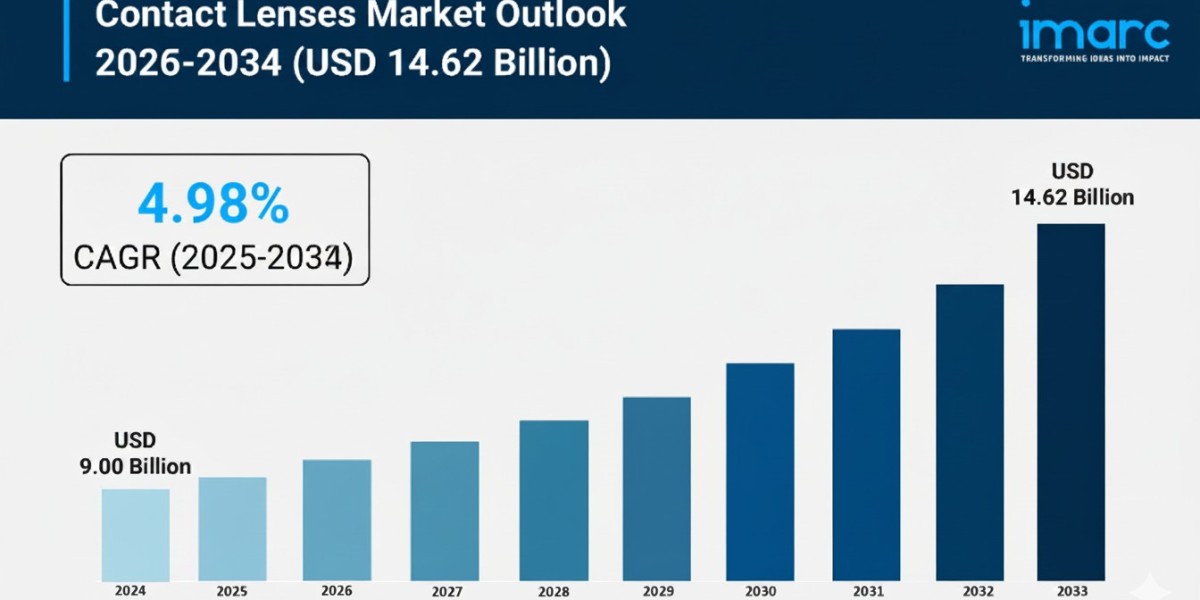A career in healthcare often begins with roles that offer firsthand exposure to clinical environments, patient communication, and real-time documentation. One of the strongest entry points for aspiring medical professionals is the medical scribe role. Medical scribe careers provide deep insight into the daily workflow of physicians and help build foundational knowledge essential for future success in medicine. Whether working on-site or through a virtual medical scribe service, scribes contribute to improving accuracy, efficiency, and patient care quality.
The Core Role of a Medical Scribe
Medical scribes are responsible for documenting patient encounters, updating charts, recording symptoms, and maintaining the electronic health record (EHR). This hands-on role combines administrative accuracy with clinical exposure, offering an educational environment where aspiring professionals can observe medical reasoning firsthand. As scribes witness patient interactions, diagnoses, and treatment plans, they gain a strong understanding of clinical thinking and healthcare processes.
Growth of Virtual Medical Scribe Service Platforms
Technology continues to reshape healthcare documentation. The rise of virtual medical scribe service systems allows scribes to support physicians through secure audio or video connections. This approach provides greater flexibility, enabling individuals to work remotely while still gaining valuable clinical experience. Virtual scribing also opens opportunities for people who may not have access to nearby clinics or hospitals but still want to build a solid foundation in medical practice.
The Role of Medical Transcription Service in Documentation
Alongside scribing, the medical transcription service industry remains essential in the healthcare documentation ecosystem. Although automated tools have improved transcription efficiency, human oversight ensures accuracy. Professionals in transcription gain strong exposure to medical terminology, clinical workflows, and standardized documentation formats. Many who begin in medical transcription transition naturally into scribe roles because of their familiarity with detailed medical records and terminology.
Real-World Learning and Clinical Exposure
One of the biggest advantages of a medical scribe career is the real-time learning environment. Scribes watch how physicians gather information, analyze clinical details, and make decisions. This exposure develops critical thinking skills and strengthens an individual's understanding of medical processes before formal training begins. Scribes also learn to work effectively in fast-paced environments, adapt quickly, and manage confidential patient information responsibly.
Building Communication and Teamwork Skills
Medical scribes collaborate closely with nurses, physicians, administrative teams, and sometimes specialists across departments. This teamwork builds confidence, communication skills, and familiarity with multidisciplinary care. Learning how to communicate professionally and effectively in a clinical setting gives future healthcare professionals a significant advantage as they progress into advanced roles.
Expanding Opportunities in a Growing Healthcare System
As healthcare needs continue to rise, so does the demand for accurate documentation. Hospitals, private practices, and telehealth platforms increasingly rely on scribes to reduce administrative burdens and give physicians more time with patients. This growing demand creates strong job stability for individuals entering the field. Opportunities are available across numerous specialties, including emergency medicine, dermatology, cardiology, oncology, gastroenterology, and family practice.
A Stepping Stone to Advanced Medical Careers
Many individuals who start as medical scribes eventually pursue medical school, physician assistant programs, nursing, or other advanced healthcare training. The early exposure they gain not only strengthens their applications but also prepares them for the academic and clinical challenges ahead. Understanding medical workflows in advance gives scribes confidence as they move into higher-level roles.
Conclusion: A Strong Foundation for the Future
Medical scribe careers—whether in person or supported through a virtual medical scribe service—remain vital in ensuring accurate, efficient, and high-quality patient documentation. Combined with the ongoing importance of professionals in the medical transcription service industry, these roles form a reliable backbone of healthcare documentation. For anyone seeking a meaningful starting point in medicine, becoming a medical scribe offers one of the most accessible and valuable foundations for long-term growth.

